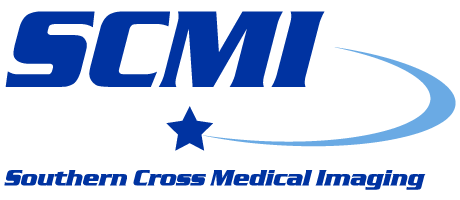Magnetic Resonance Imaging (MRI) uses a strong magnetic field to align the protons within the water molecules, which make up about 60% of the human body. Different body tissues return to their normal resting state at different rates and by measuring these differences, the scanner is able to generate three-dimensional images with much more soft tissue details than CT. For instance MRI can be used to assess for injury/pathology of nerves, tendons and ligaments. It is also much more sensitive in detecting acute stroke when compared to CT.
Preparation
No fasting or other preparation is required for MRI prior to the appointment.
Please inform us if you have:
- A Pacemaker
- A Cochlear Implant
- A Brain Aneurysm Clip
Please bring the follow to the clinic (if applicable)
- Valid Referral
- Medicare/Healthcare/Pension Card
- Prior scans (e.g X-rays, Ultrasounds, CT, MRI) and Reports
At the appointment, the radiographer will ask you to remove all metallic devices prior to entering the MRI room. The radiographer will go through a checklist to ensure we are performing the correct exam on the correct patient. In addition, you will also be asked to complete a MRI-specific safety questionnaire.
The MRI machine is shaped like a long tunnel and the scan takes approximately 20-60 minutes to perform depending on the number of body parts imaged and complexity of the request. During the scan you will hear an intermittent knocking sounds and you will be provided with headphones to listen to music of your choice.
Should you have any further questions please ask the radiographer or you may like to have a look at the following websites:
